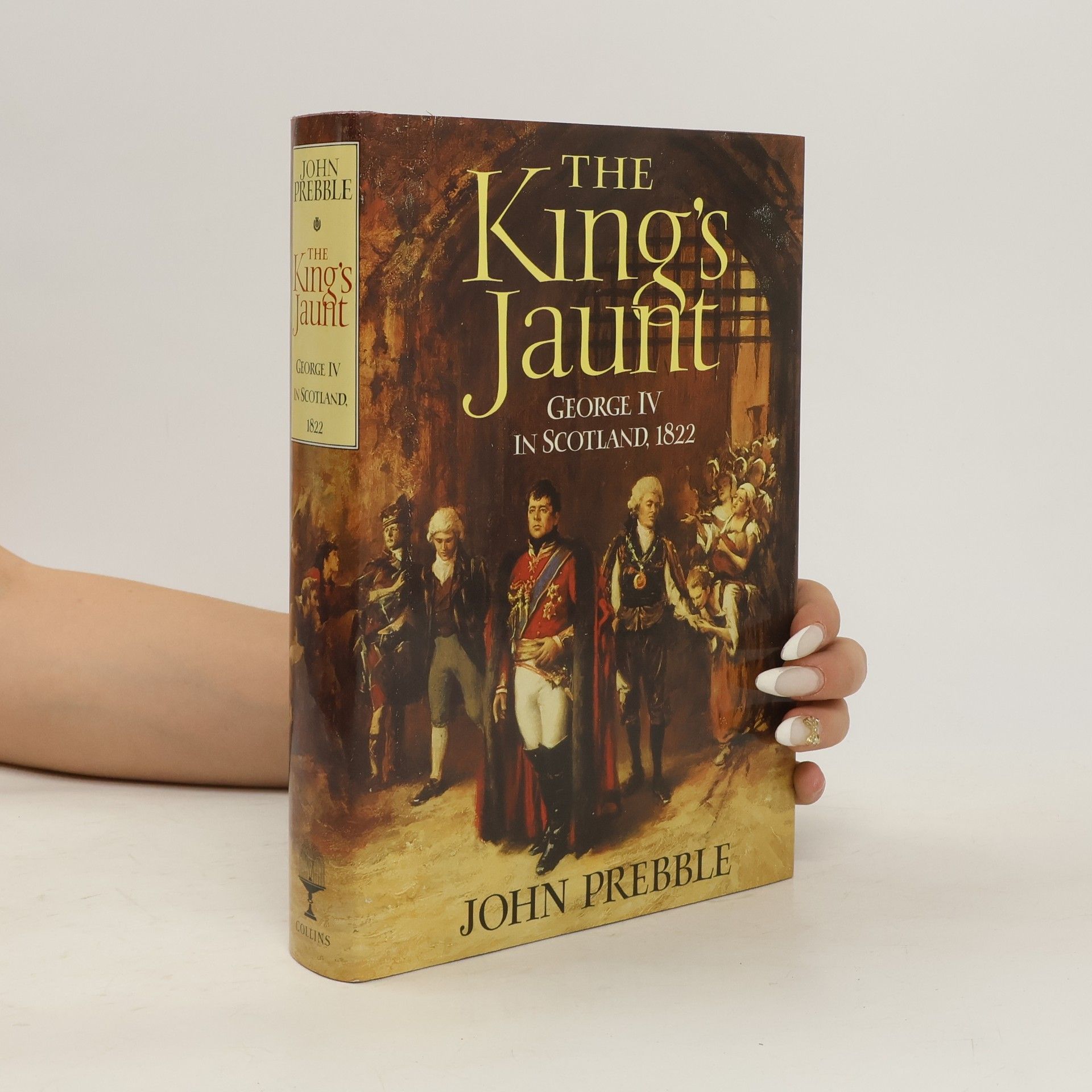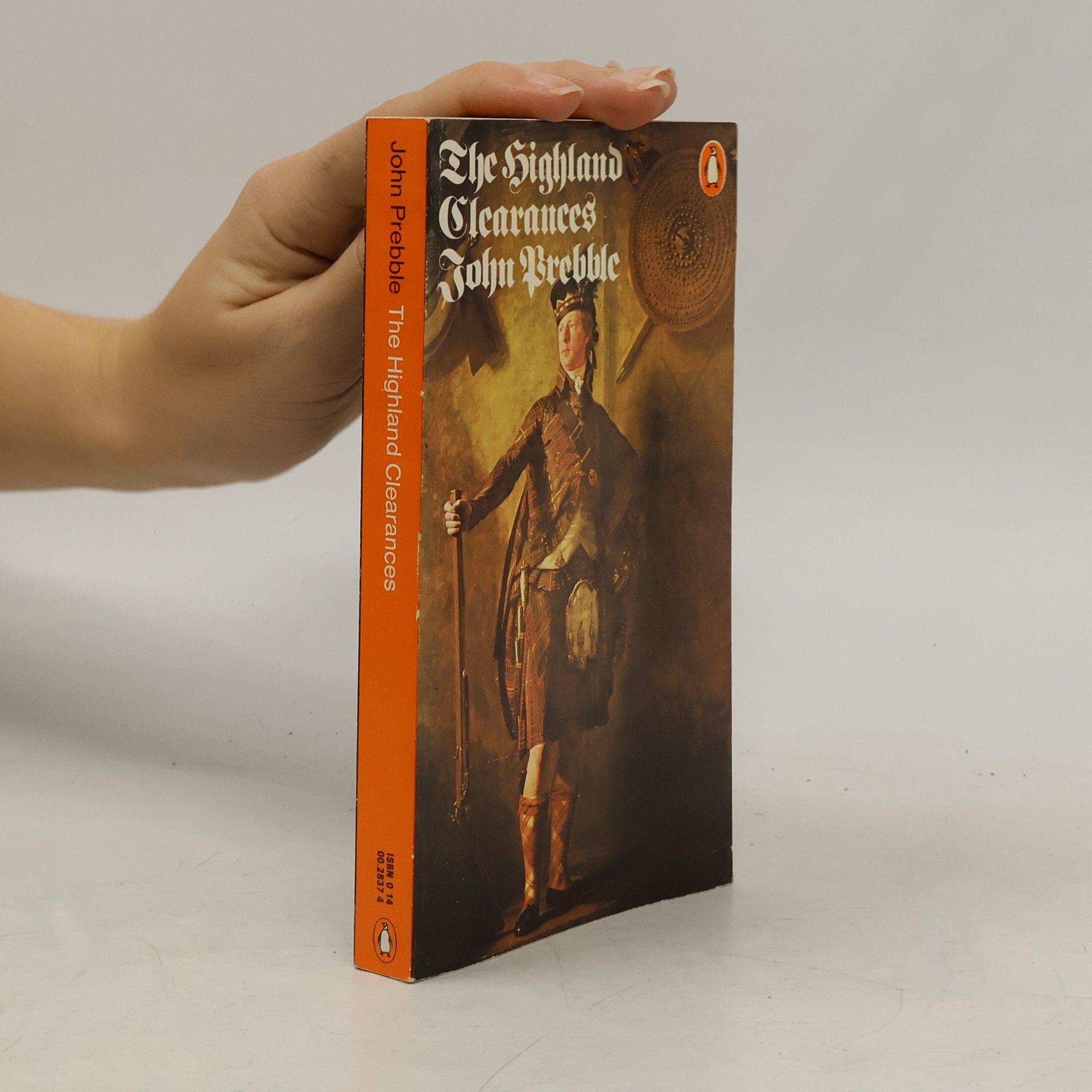From the mock pageantry of the Highlanders to the carefully stage-managed rediscovery of the Scottish Regalia, this trip was a key event in the creation of romantic Scotland. Behind it all lay the great stage manager, Sir Walter Scott. This was the first visit of a British monarch to Scotland for nearly two hundred years, following only two years after the grim horror of the Radical Insurrection, which saw the last armed rebellion in British history when sixty thousand workers went on strike. The Highland clans that Scott called to Edinburgh were, even as they marched, the subjects of eviction and persecution in their homeland. And yet in this stirring blend of pomp and pageantry, Scott was able to override the grim reality of day-to-day life in a surge of support for a monarch and monarchy, even in England, the subject of ridicule and derision. Prebble brilliantly reveals the rotten heart of corruption, betrayal, and intrigue at the heart of the ceremony of this great occasion, and from it all emerges a vision of Scotland that remains with us today.
John Prebble Reihenfolge der Bücher (Chronologisch)
Dieser Autor ist vor allem für seine aufschlussreichen Studien zur schottischen Geschichte bekannt. Seine Werke tauchen tief in die Vergangenheit ein und bieten eine detaillierte Untersuchung historischer Ereignisse und Persönlichkeiten. Neben seiner historischen Schriftstellerei war er auch als Journalist und Dokumentarfilmer tätig, was seinem Erzählen eine vielschichtige Perspektive verlieh. Sein unverwechselbarer Stil fesselt die Leser und zieht sie in das reiche Gefüge der schottischen Vergangenheit hinein.






The immense history of Scotland reads like a Hollywood script. Starting with the pre-Celtic people called the Picts - and ending in modern time, Prebble does a superb job of walking us through the arousing array of peoples that make up the modern Scot. If you love this beautiful land, as I do, then you'll devour this book as if it was a novel. I was left a bit empty at how fast we went from Pictish to Scottish - with very little written and discussed on the pre-Scottish tribes that gave Rome so many headaches
The High Girders
- 219 Seiten
- 8 Lesestunden
On 28 December, 1879, the 13 raised spans at the centre of the Tay Bridge, the high girders, fell, taking with them 160 yards of the bridge, and a railway train with 75 men, women and children on board. This tragically ended the dream of Thomas Bouch, recently knighted for his work on the bridge, and to some extent the unparalleled reputation of British engineering in works of this kind.
In the terrible aftermath of the moorland battle of Culloden, the Highlanders suffered at the hands of their own clan chiefs. Following his magnificent reconstruction of Culloden, John Prebble recounts how the Highlanders were deserted and then betrayed into famine and poverty. While their chiefs grew rich on meat and wool, the people died of cholera and starvation or, evicted from the glens to make way for sheep, were forced to emigrate to foreign lands.‘Mr Prebble tells a terrible story excellently. There is little need to search further to explain so much of the sadness and emptiness of the northern Highlands today’ The Times.
